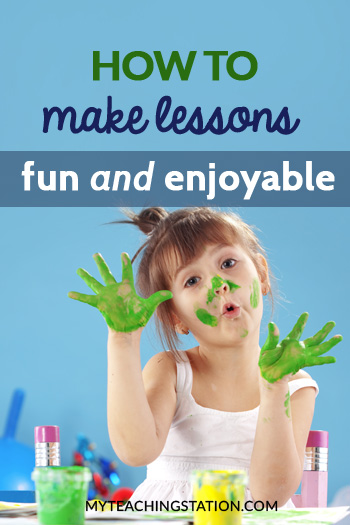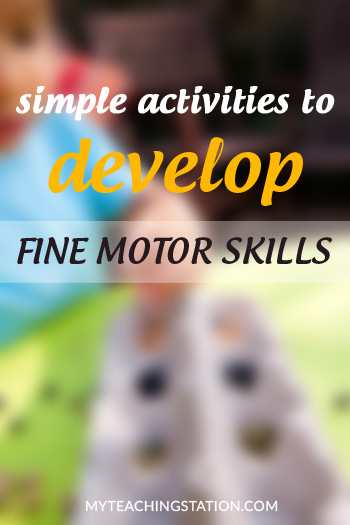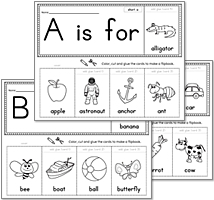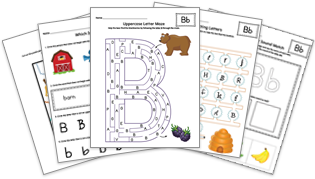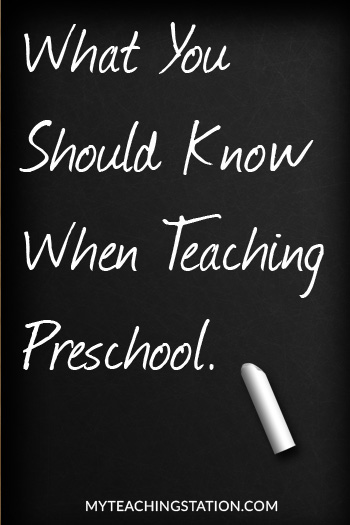
Preschool is the time when your child is introduced to a diverse range of unfamiliar subjects and topics. Making your lessons effective and fun can be easy with these simple steps:
- Integrate play-based learning.
These early years should be about developing a love to explore, discover and learn. See How to Make Lessons Enjoyable and Fun.
- Ask your child to participate in daily indoor and outdoor activities.
Engaging your child in different daily tasks promotes visual aid and hands-on learning opportunities.
- Involve your child in your personal tasks.
Children are excited to assist and help in routine activities. Encourage your child to do activities they see you doing and get involved.
- Structure lessons.
A structured routine is important to establish identifiable patterns. Children respond best with clear direction and expectations.
- Keep lessons simple.
My Teaching Station Free Worksheets are available to help you build your teaching material.
- Create seamless transitions in between lessons.
Instead of stating, "Okay, now it is time to do this", ask your child, "Show me how well you can write your name on this next worksheet?".
- Include theme based lessons.
Themes are a fun way to teach while helping your child to follow the flow in a particular subject.
- Base lesson planning on child progress.
Effective teaching begins with discovering, through careful listening and observation, each child's development. Your next set of lessons should be based on how your child might extend or expand their current thinking.
- Yes! They are ready for scissors.
With little practice, they can soon start cutting paper and even help you prepare lessons. Cutting paper helps develop basic motor skills and movements while building hand muscles.
- Grab their attention with songs, whispers or different voices.
Raising your voice to get your child's attention will only cause them to learn to do the same. If you are having trouble getting their attention, reduce the possible distractions in your environment, sing a story, or use different voices that evoke curiosity and engagement.
- Move on if needed.
If your child is getting bored, frustrated or distracted, try moving on to another subject or format. Of course you can always circle back at another time.
- If your child is getting bored, frustrated or distracted, try moving on to another subject or format. Of course you can always circle back at another time.
Encourage your child as they learn. Children respond well to reward and look forward to following directions to hear their next praise.
